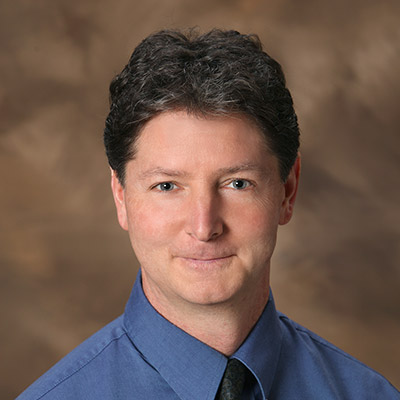Please note: We strongly recommend purchasing tickets online in advance to guarantee entry, as we do sell out on weekends.
Fibropapillomatosis and chelonid alphaherpesvirus 5 infection in Kemp’s ridley sea turtles (Lepidochelys kempii)
By Annie Page-Karjian, Liam Whitmore, Brian A. Stacy, Justin R. Perrault, Jessica A. Farrell, Donna J. Shaver, J. Shelby Walker, Hilary R. Frandsen, Elina Rantonen, Craig A. Harms, Terry M. Norton, Charles Innis, Kelsey Yetsko, David J. Duffy
Originally published in Animals in October 2021

Abstract
Fibropapillomatosis (FP), a debilitating, infectious neoplastic disease, is rarely reported in endangered Kemp’s ridley sea turtles (Lepidochelys kempii). With this study, we describe FP and the associated chelonid alphaherpesvirus 5 (ChHV5) in Kemp’s ridley turtles encountered in the United States during 2006–2020. Analysis of 22 case reports of Kemp’s ridley turtles with FP revealed that while the disease was mild in most cases, 54.5% were adult turtles, a reproductively valuable age class whose survival is a priority for population recovery. Of 51 blood samples from tumor-free turtles and 12 tumor samples from turtles with FP, 7.8% and 91.7%, respectively, tested positive for ChHV5 DNA via quantitative polymerase chain reaction (qPCR). Viral genome shotgun sequencing and phylogenetic analysis of six tumor samples show that ChHV5 sequences in Kemp’s ridley turtles encountered in the Gulf of Mexico and northwestern Atlantic cluster with ChHV5 sequences identified in green (Chelonia mydas) and loggerhead (Caretta caretta) sea turtles from Hawaii, the southwestern Atlantic Ocean, and the Caribbean. Results suggest an interspecific, spatiotemporal spread of FP among Kemp’s ridley turtles in regions where the disease is enzootic. Although FP is currently uncommon in this species, it remains a health concern due to its uncertain pathogenesis and potential relationship with habitat degradation.
Full Text


